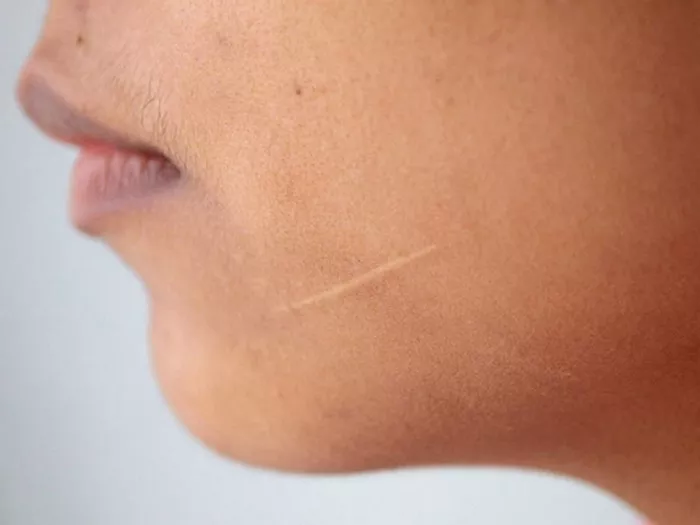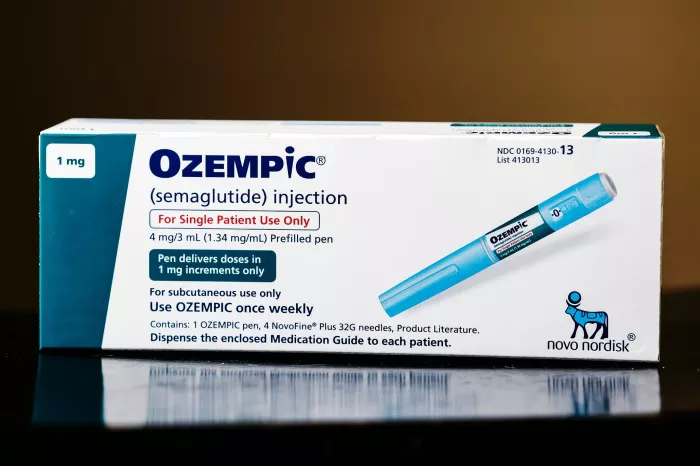Scabs, the natural bandages that form over wounds during the healing process, often raise questions about the best ways to support their recovery. In this exploration, we delve into the potential benefits of vitamin E for scabs. Vitamin E, celebrated for its antioxidant properties and role in skin health, is commonly touted as a remedy for various skin concerns. But is vitamin E truly good for scabs, aiding in the healing journey, or is it just a popular myth? Let’s unravel the science behind vitamin E and its purported benefits for scabs.
Understanding the Scabbing Process
Nature’s Healing Mechanism:
Scabbing is a natural and vital phase in the wound healing process. When the skin is injured, the body initiates a cascade of events to stop bleeding and protect against infection. Platelets form a clot, and as the wound closes, a scab composed of dried blood, plasma, and immune cells develops. This protective barrier shields the vulnerable wound site from external elements, allowing the underlying tissues to regenerate.
Dynamic Cellular Activities:
Beneath the surface of the scab, a dynamic interplay of cellular activities unfolds. Fibroblasts produce collagen, the structural protein essential for tissue integrity, while immune cells clear debris and combat potential infections. The orchestrated sequence of events aims to restore the damaged tissue to its pre-injured state.
The Role of Vitamin E in Skin Health
Antioxidant Armor:
Vitamin E, a fat-soluble antioxidant, is renowned for its ability to neutralize free radicals — unstable molecules that can damage cell membranes. As an antioxidant, vitamin E contributes to skin health by protecting cells from oxidative stress, which can be induced by factors like UV radiation and environmental pollutants.
Skin Repair and Regeneration:
Beyond its antioxidant prowess, vitamin E is implicated in promoting skin repair and regeneration. It plays a role in modulating inflammation, supporting collagen synthesis, and enhancing the overall resilience of the skin. These properties position vitamin E as a potential ally in the intricate process of wound healing.
Examining the Claim: Is Vitamin E Good for Scabs?
Anecdotal Perspectives:
Anecdotal accounts and traditional wisdom often endorse the application of vitamin E to scabs as a means to expedite healing and minimize scarring. The purported benefits extend to reducing inflammation, preventing infection, and fostering a smoother healing process. However, the scientific evidence supporting these claims requires closer scrutiny.
Scientific Studies:
Scientific studies exploring the specific impact of vitamin E on scabs are limited. While vitamin E’s role in general wound healing has been investigated, the application to scabs as a distinct phenomenon is not extensively studied. Rigorous research is needed to delineate whether vitamin E offers targeted benefits during the scabbing phase.
Potential Mechanisms:
The potential mechanisms through which vitamin E could influence scab healing involve its anti-inflammatory properties and support for collagen synthesis. By mitigating inflammation and enhancing collagen production, vitamin E might contribute to a more efficient healing process. However, these theoretical mechanisms warrant empirical validation.
Navigating the Application of Vitamin E to Scabs
Topical Application:
One common approach involves the topical application of vitamin E oil or creams directly onto scabs. Advocates suggest that this facilitates absorption and allows vitamin E to exert its purported benefits more directly on the healing wound. However, caution is advised, as not all skin types may respond favorably to undiluted vitamin E.
Vitamin E-Rich Foods:
Incorporating vitamin E-rich foods into the diet is another strategy. Nuts, seeds, spinach, and avocados are examples of foods abundant in vitamin E. While this dietary approach supports overall skin health, its direct impact on scabs may be less pronounced compared to topical application.
Consultation with Healthcare Professionals:
Before embarking on a vitamin E regimen for scabs, consulting healthcare professionals is crucial. Individual variations in skin sensitivity, potential allergies, and the specific nature of the wound should be considered. Professional guidance ensures a tailored and safe approach to promoting optimal wound healing.
Potential Risks and Considerations
Skin Sensitivity and Allergies:
Despite its perceived benefits, vitamin E can cause skin irritation and allergic reactions in some individuals. Patch testing is advisable, especially when applying concentrated vitamin E oil directly to scabs. If irritation occurs, discontinuing use and seeking medical advice is imperative.
Controversy Surrounding Scarring:
The relationship between vitamin E and scarring remains controversial. While some believe that vitamin E minimizes scarring, certain studies suggest the potential for adverse effects, including contact dermatitis and increased scar visibility. The intricate balance between promoting healing and preventing undesirable outcomes requires careful consideration.
Interaction with Medications:
Individuals taking medications or undergoing medical treatments should be cautious. Vitamin E supplements may interact with certain drugs, impacting their efficacy or posing risks. Open communication with healthcare providers about supplement use is essential for those navigating concurrent medical regimens.
The Holistic Approach to Wound Healing
Multifaceted Support:
Wound healing is a multifaceted process influenced by various factors, including nutrition, hydration, and overall health. While vitamin E holds potential, it is part of a broader spectrum of elements contributing to optimal healing. Adequate intake of vitamins, minerals, and hydration, coupled with a healthy lifestyle, forms the foundation for robust skin regeneration.
Individual Variability:
Recognizing the individual variability in responses to vitamin E is paramount. What works effectively for one person may not yield the same results for another. Tailoring approaches based on individual characteristics ensures a personalized and effective strategy for supporting scab healing.
Conclusion
In conclusion, the claim that vitamin E is good for scabs is a topic that straddles both hope and evidence. While the antioxidant and skin-supportive properties of vitamin E are well-established, the specific application to scabs lacks robust scientific validation. Anecdotal experiences and traditional wisdom contribute to the allure of vitamin E for scabs, but a cautious and evidence-based approach is essential.
Navigating the realm of vitamin E and scabs requires an understanding of individual variability, potential risks, and the dynamic nature of wound healing. Consultation with healthcare professionals, careful consideration of topical applications, and an appreciation for the holistic factors influencing skin health form the pillars of a balanced approach.
As scientific research advances, shedding light on the nuanced interactions between vitamin E and scabs, individuals are encouraged to blend optimism with prudence in their pursuit of supporting the intricate dance of skin regeneration.
[inline_related_posts title=”You Might Be Interested In” title_align=”left” style=”list” number=”6″ align=”none” ids=”3578,3576,3574″ by=”categories” orderby=”rand” order=”DESC” hide_thumb=”no” thumb_right=”no” views=”no” date=”yes” grid_columns=”2″ post_type=”” tax=””]

































